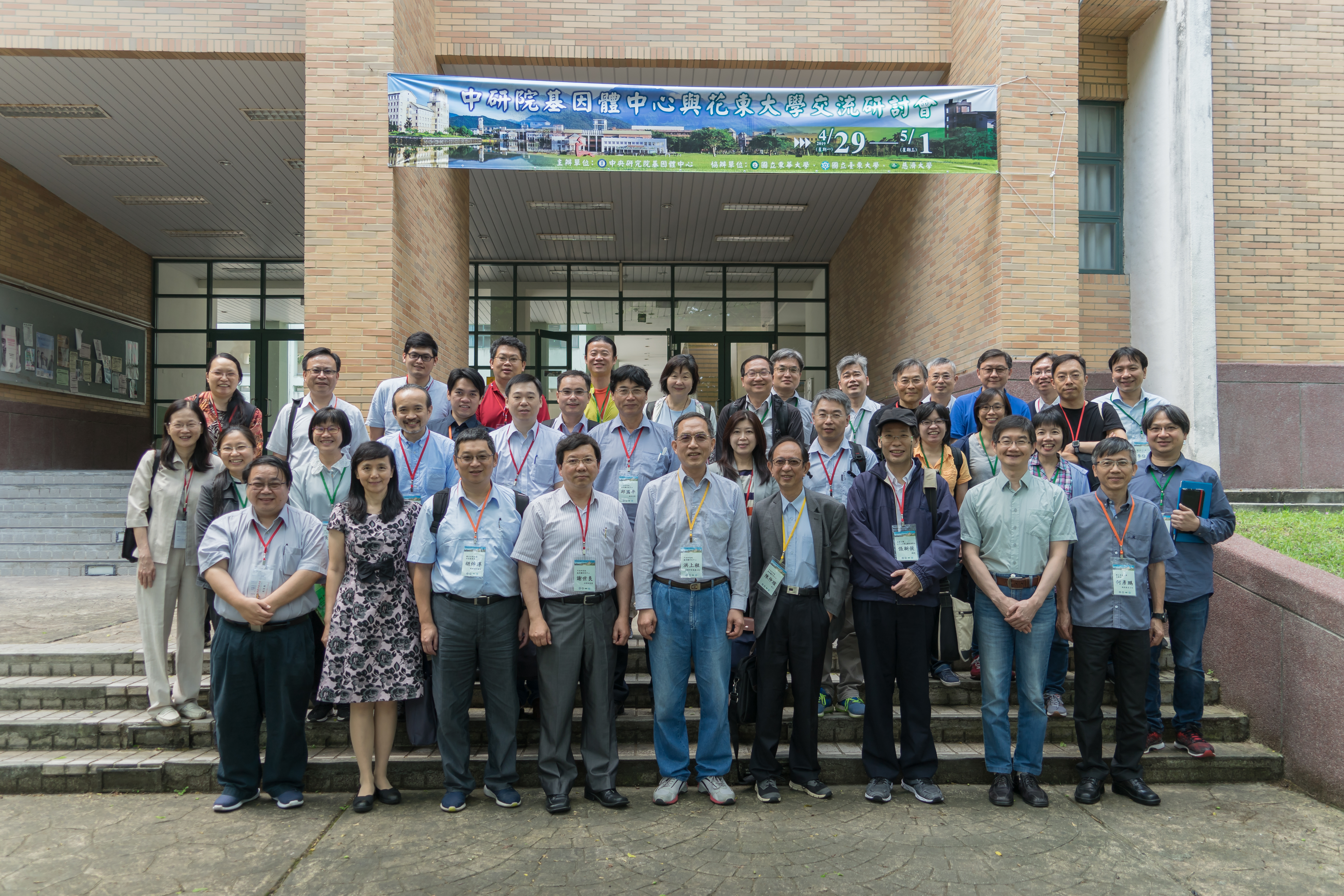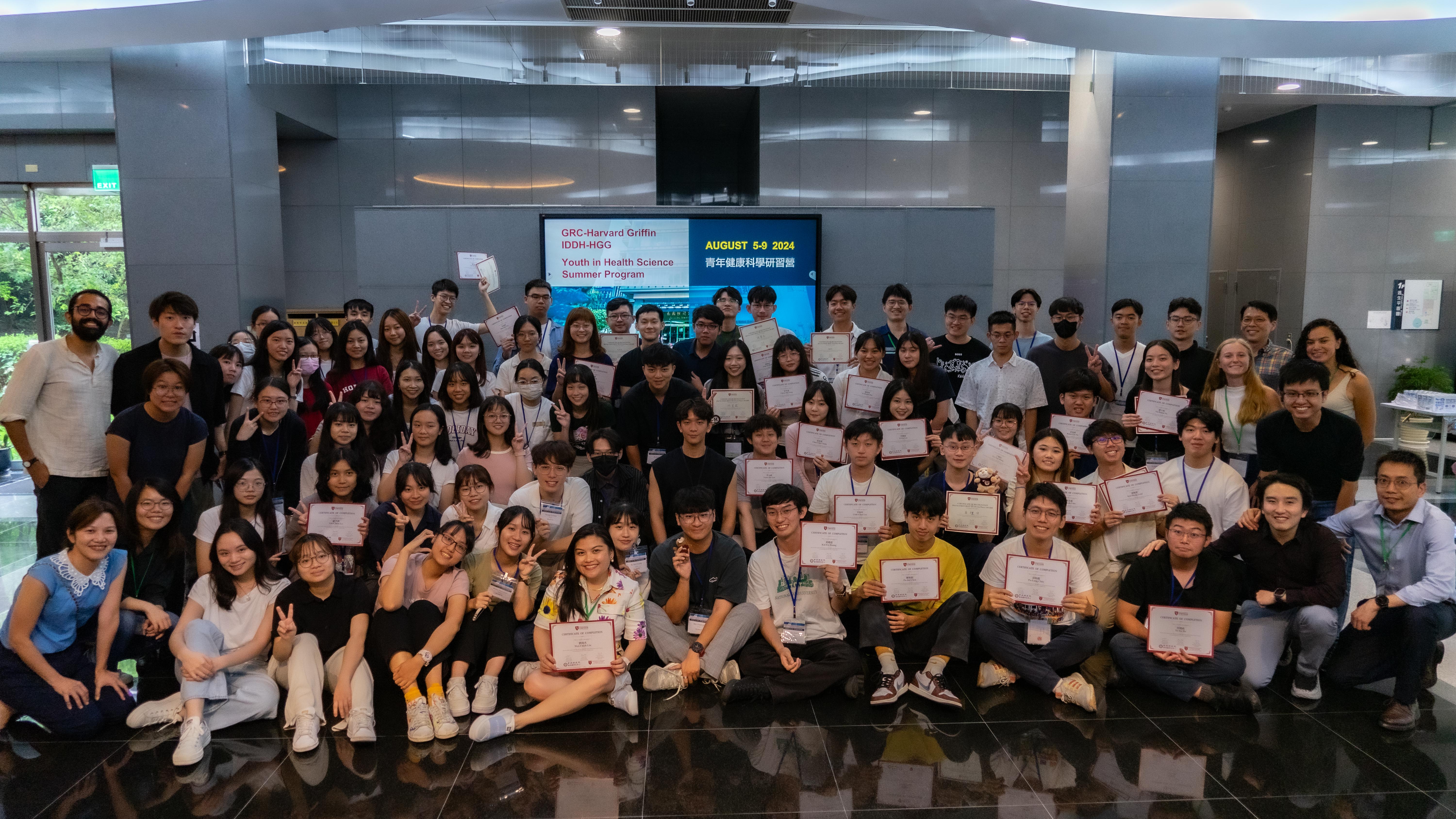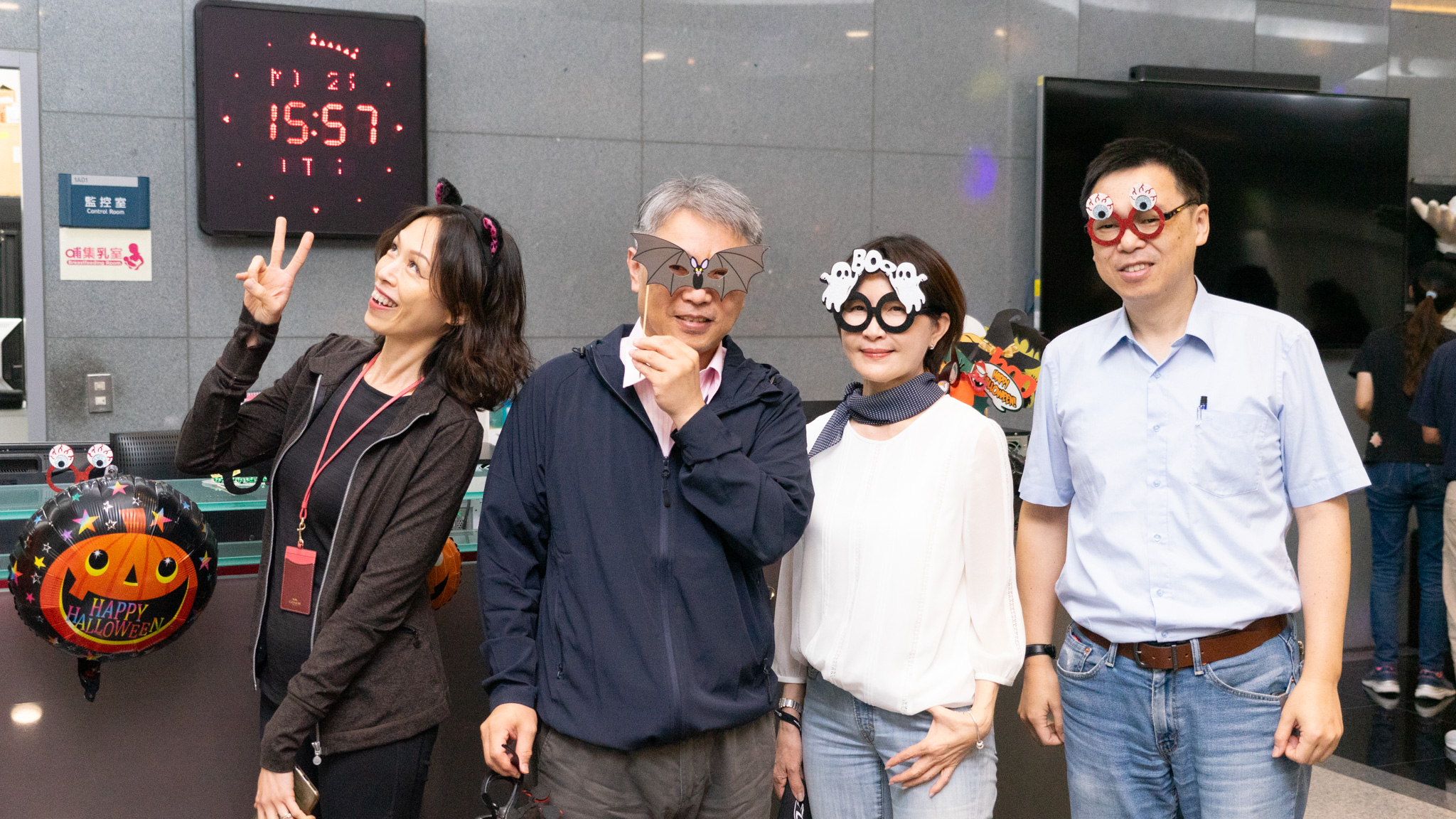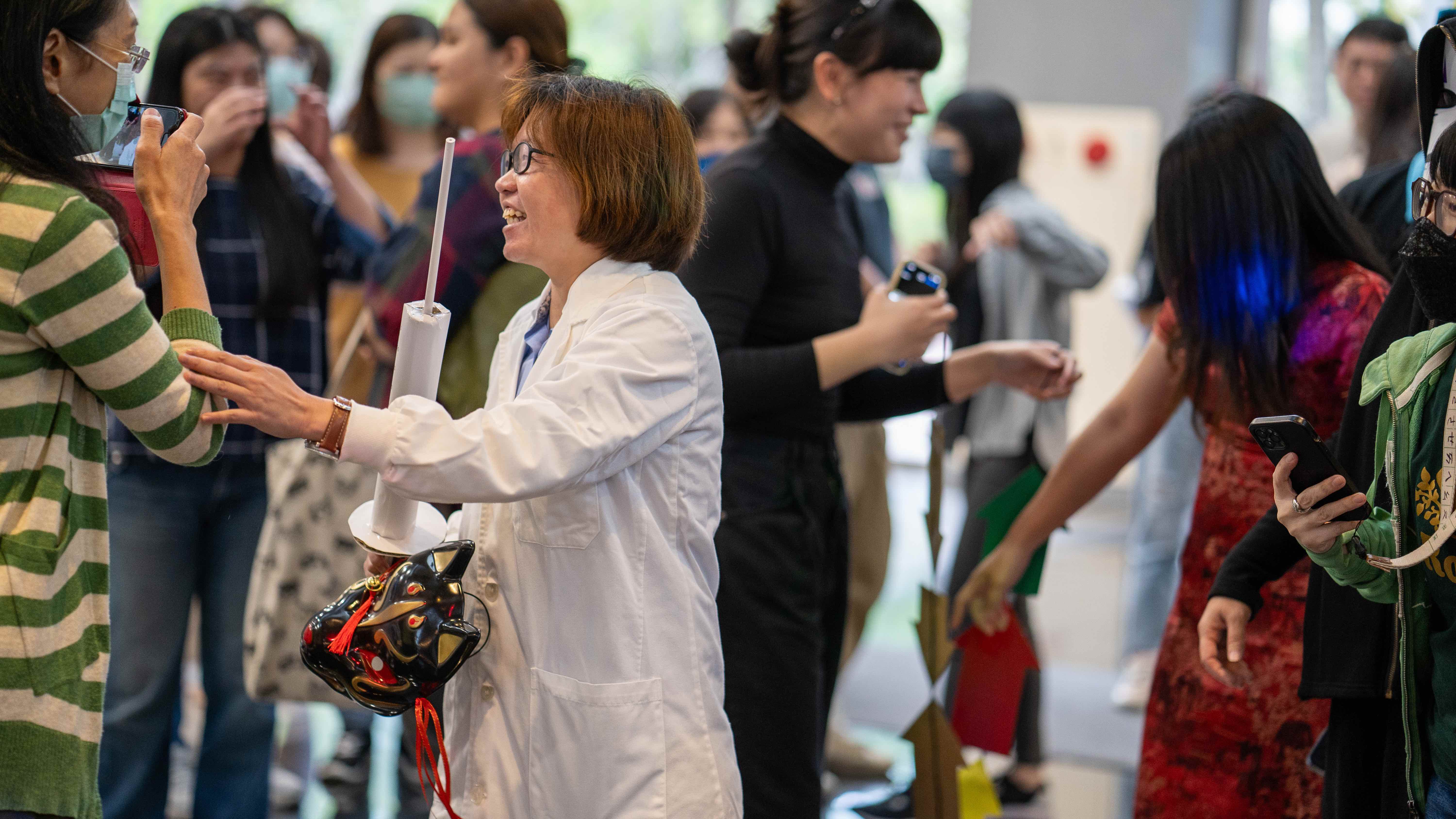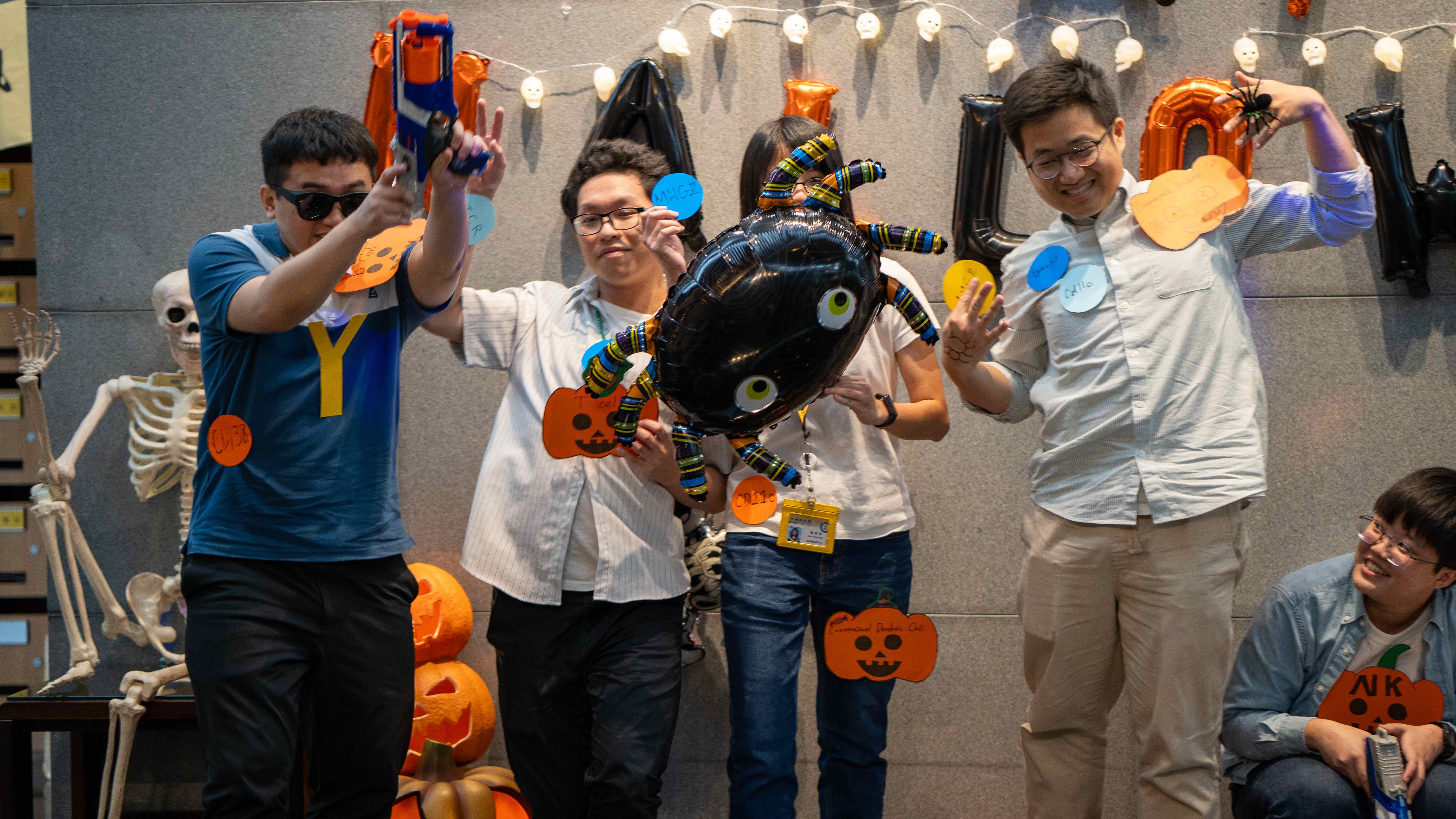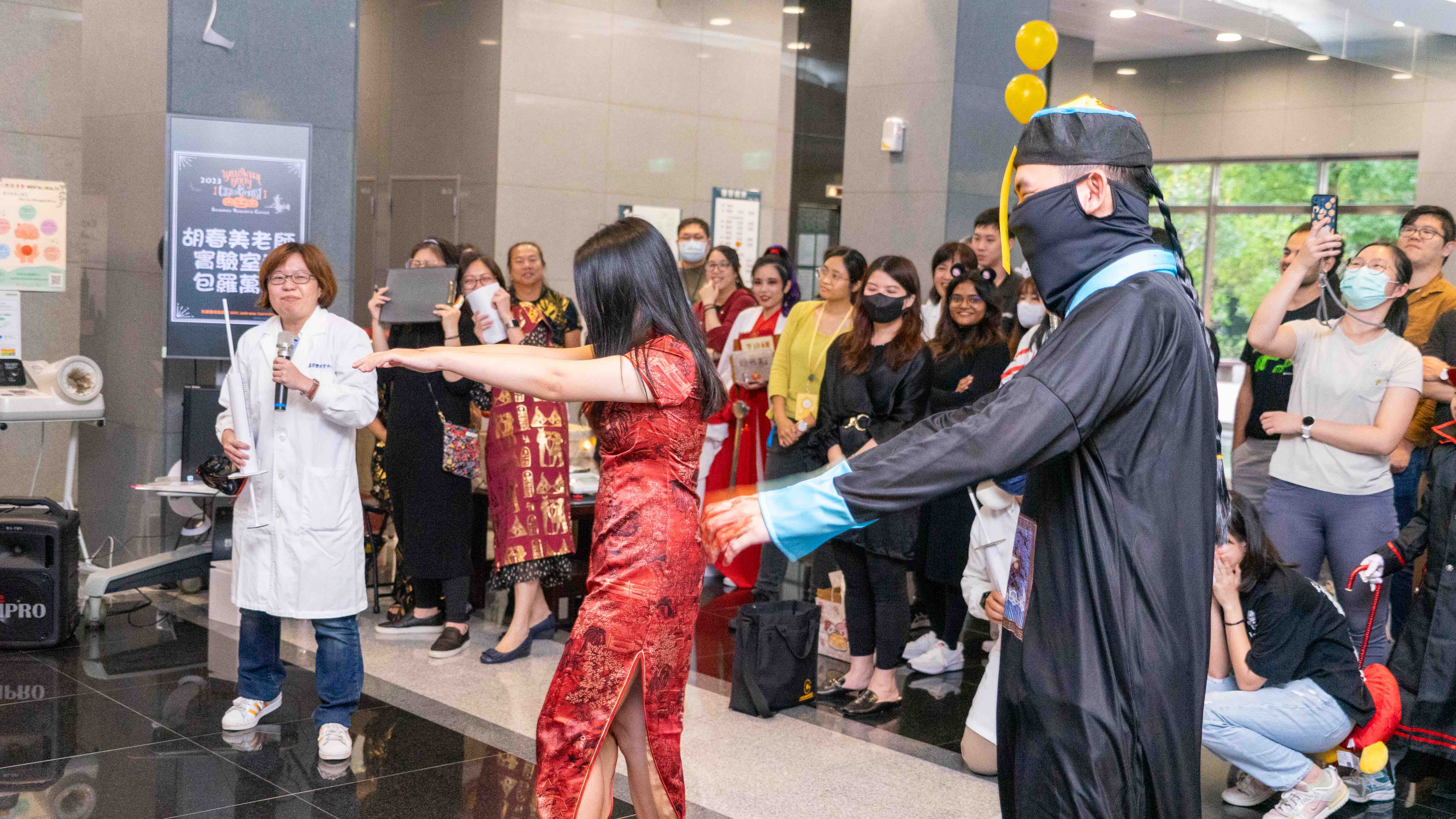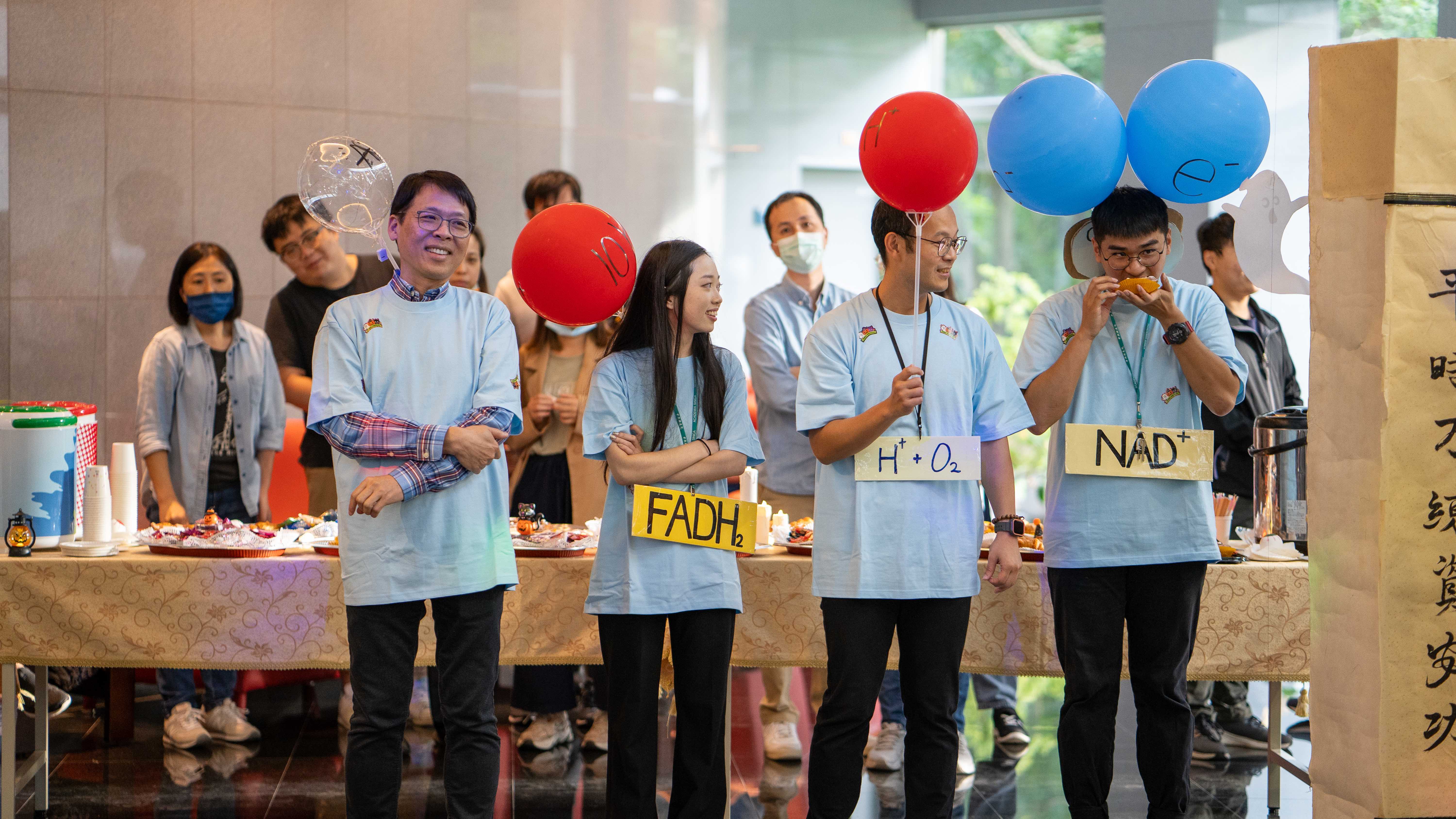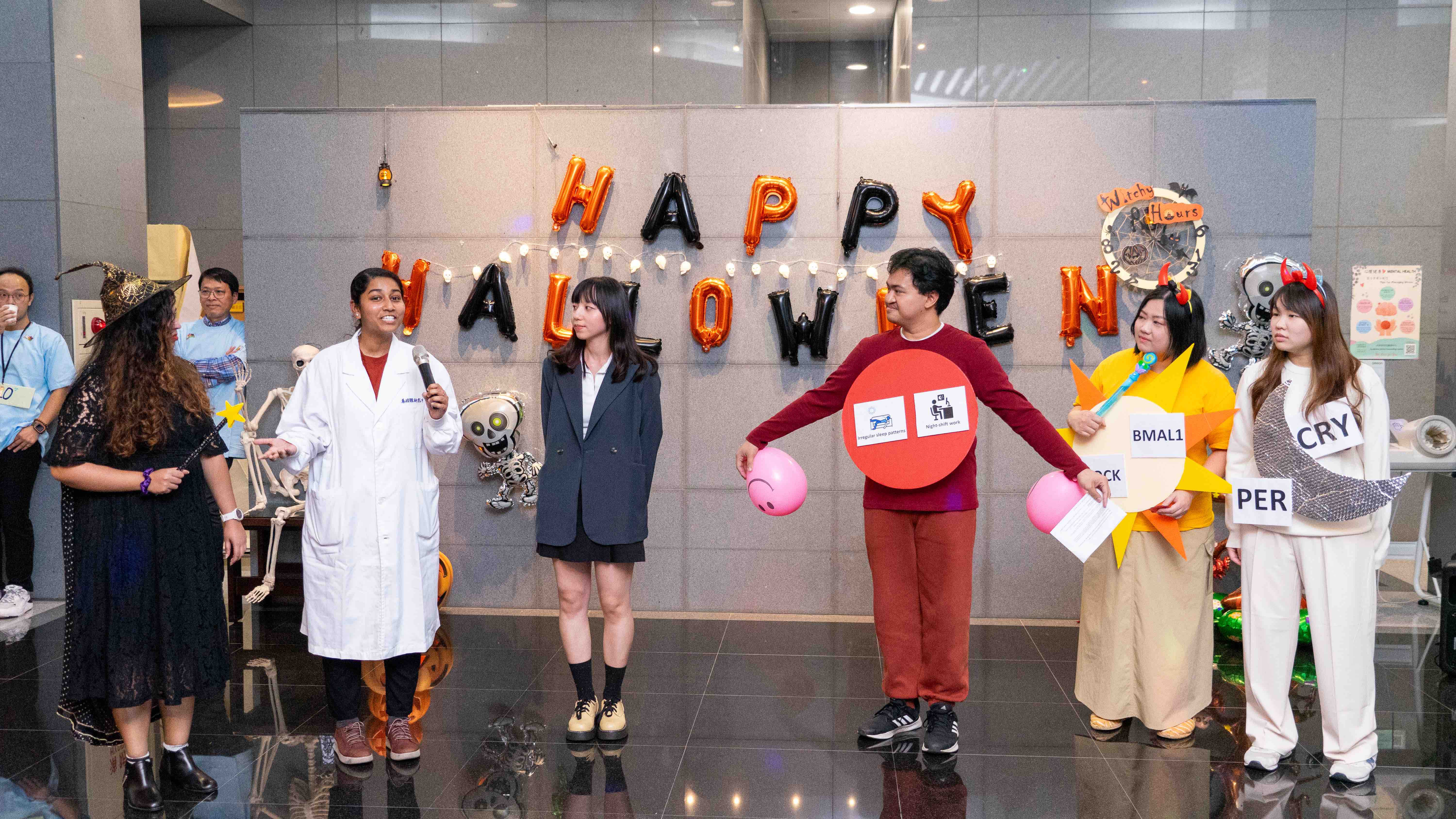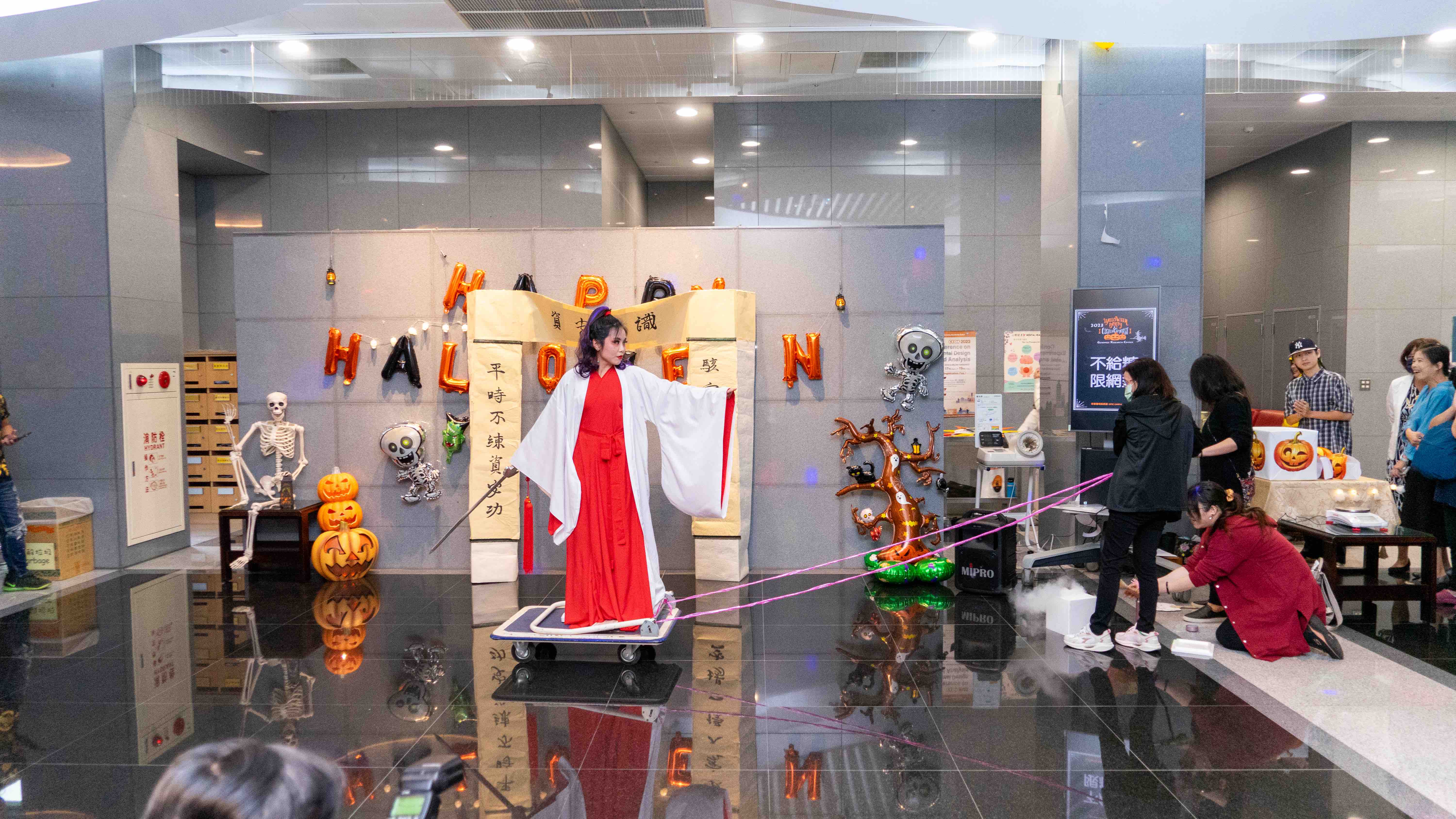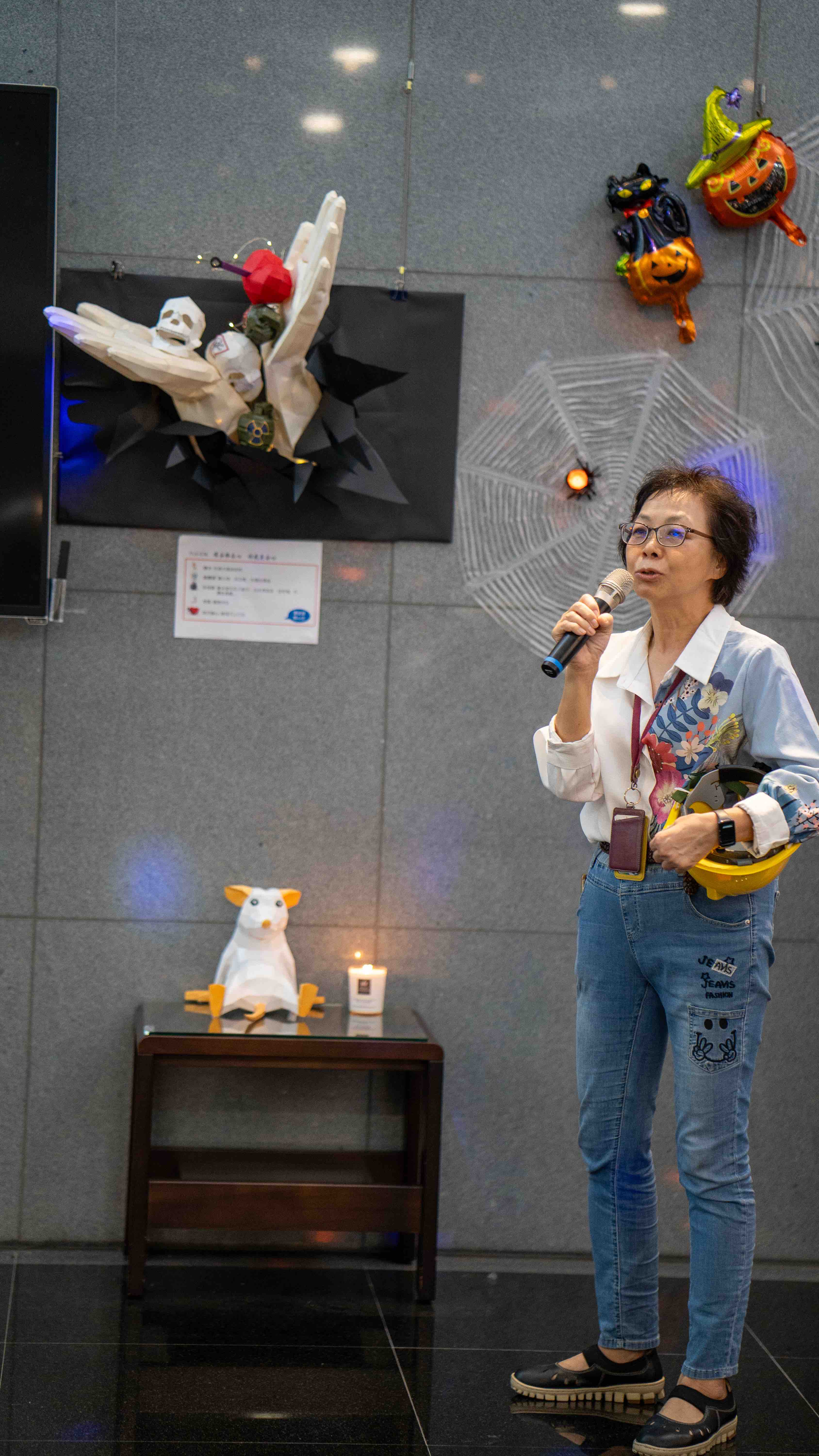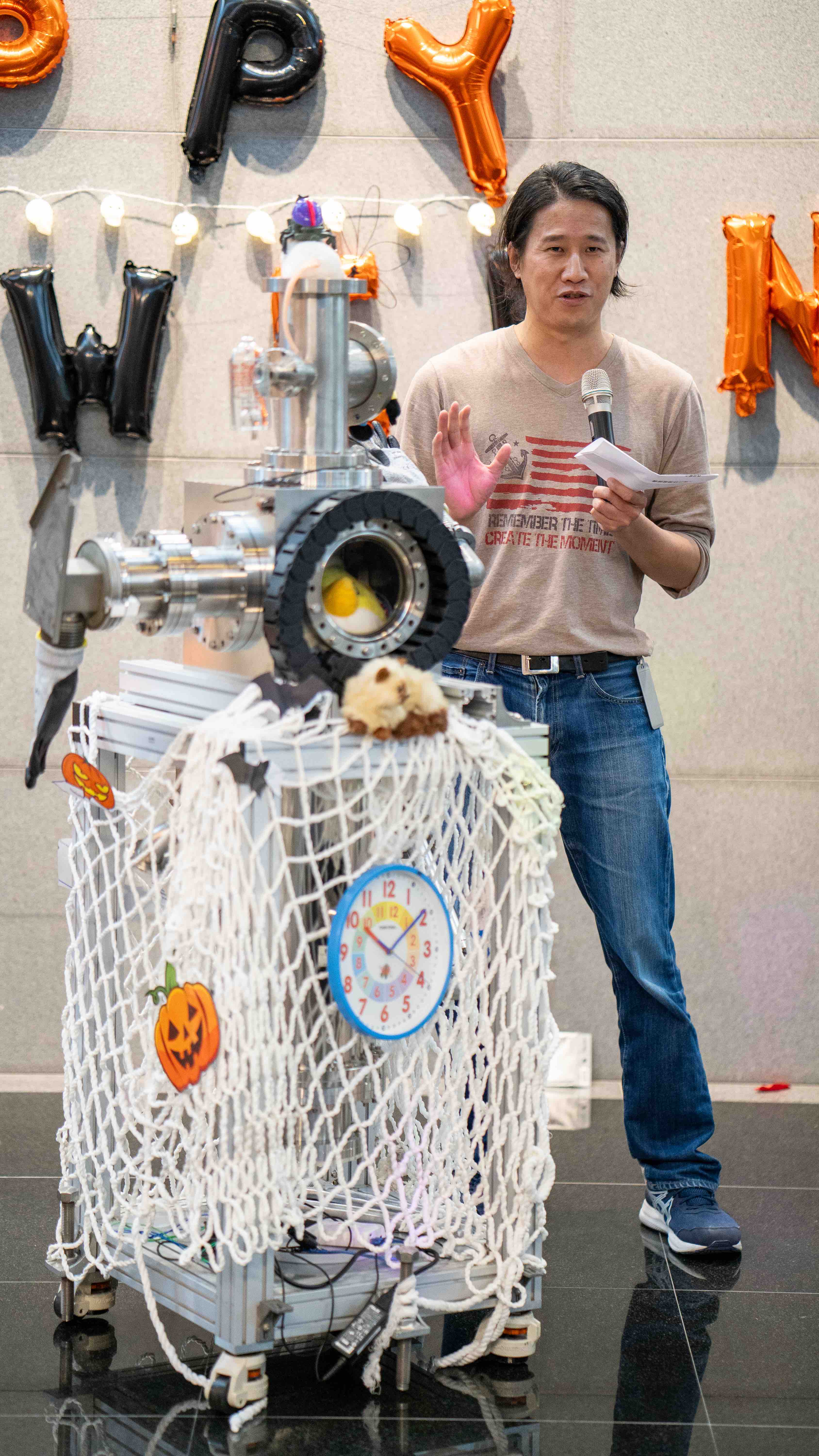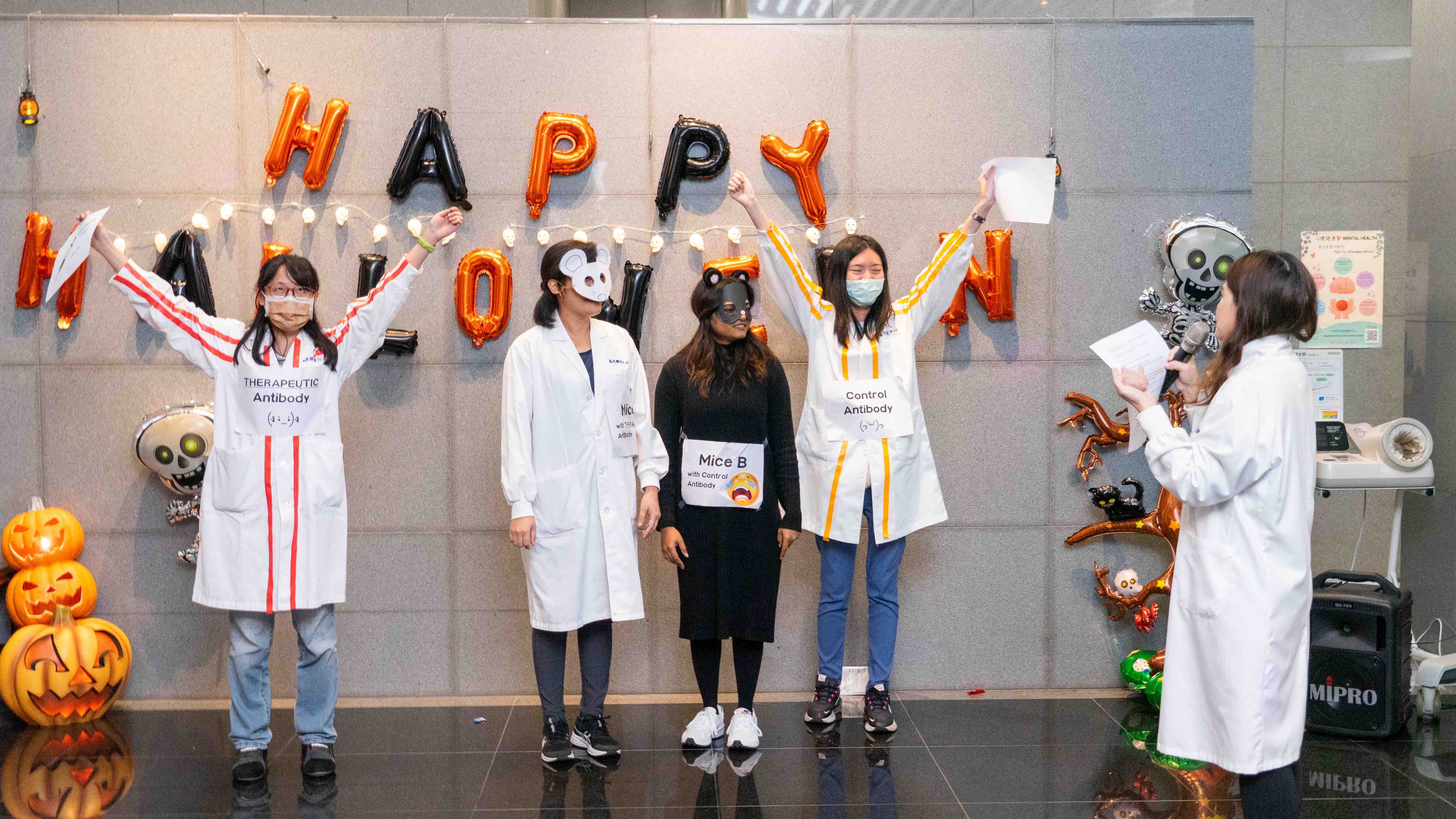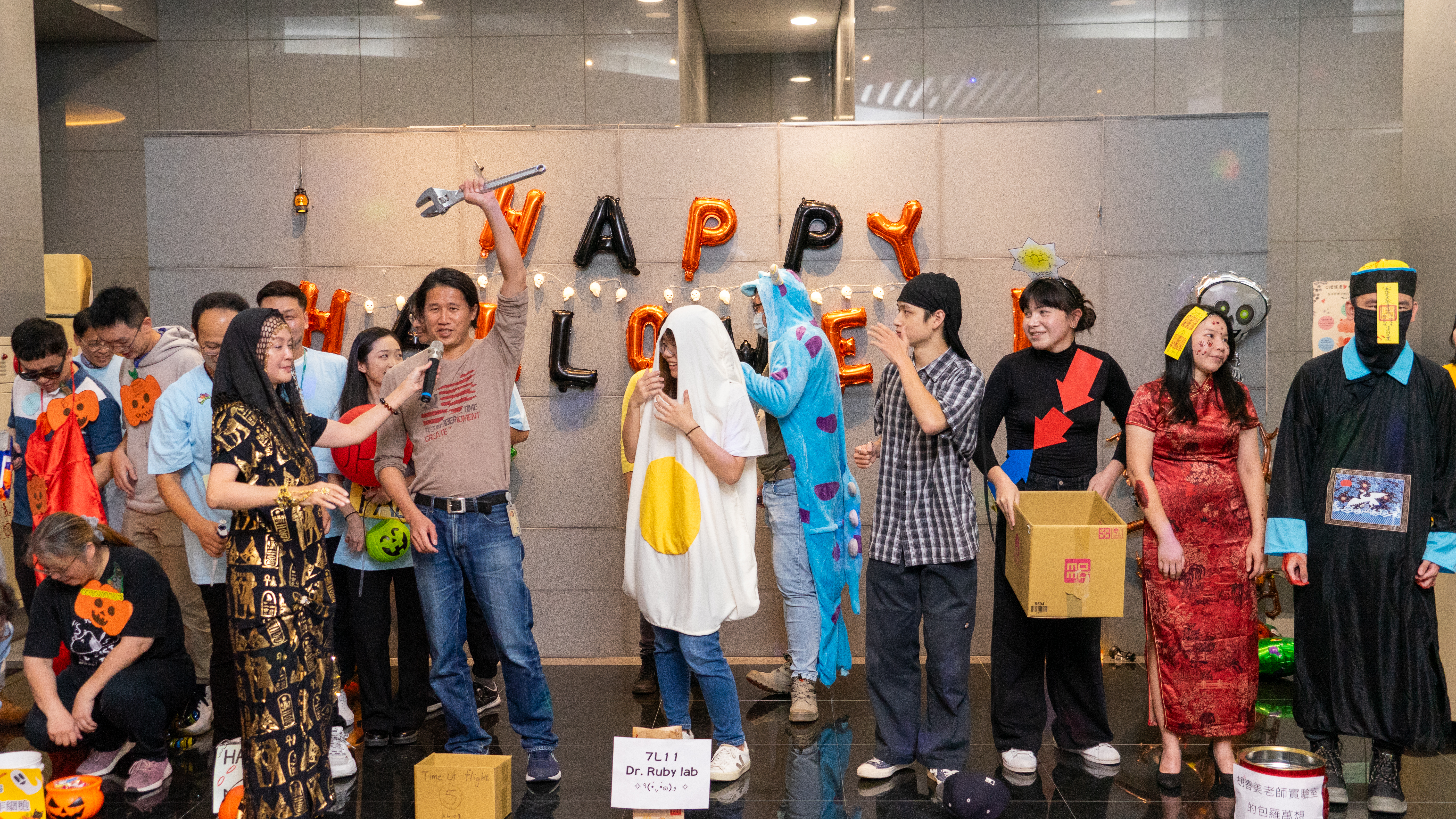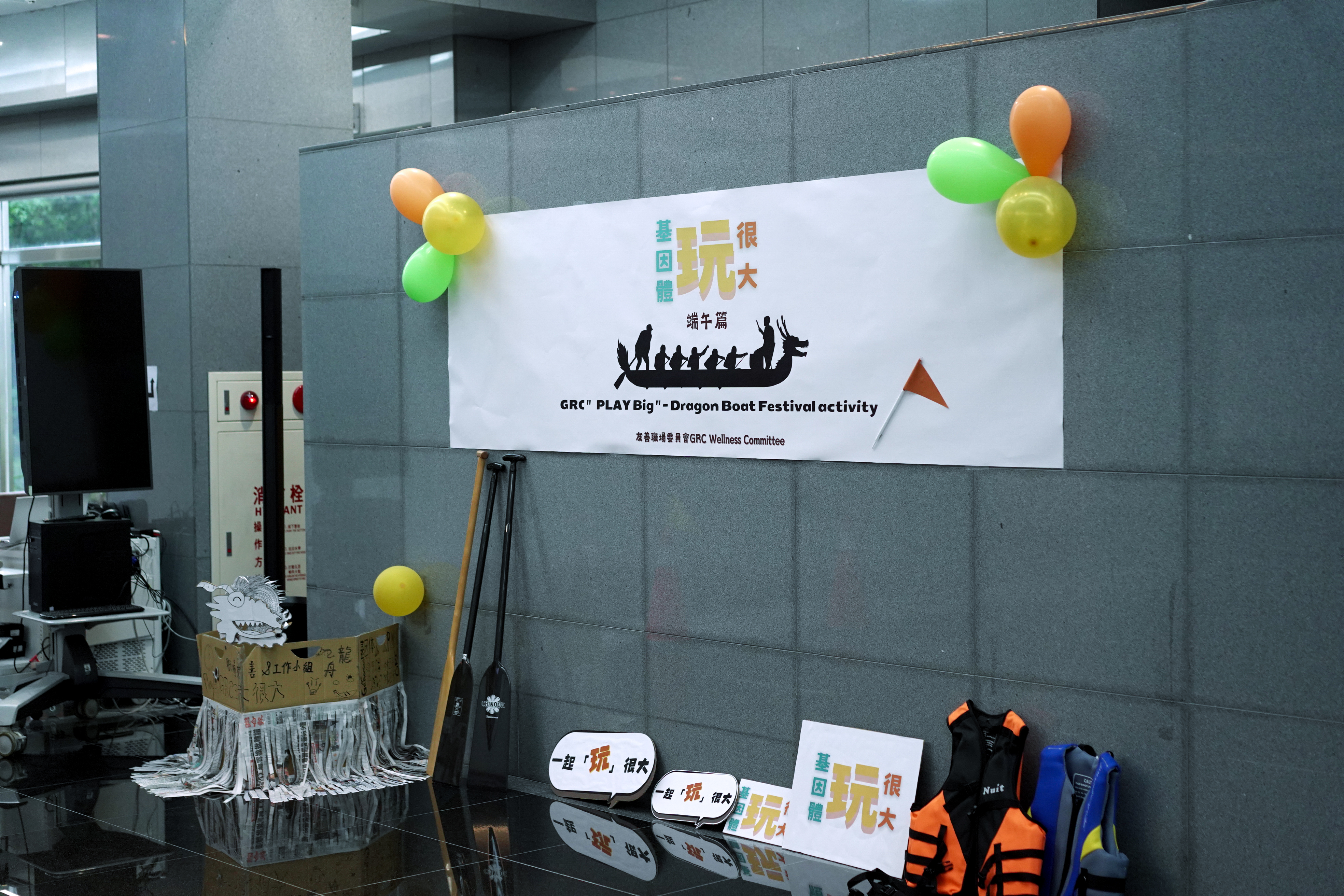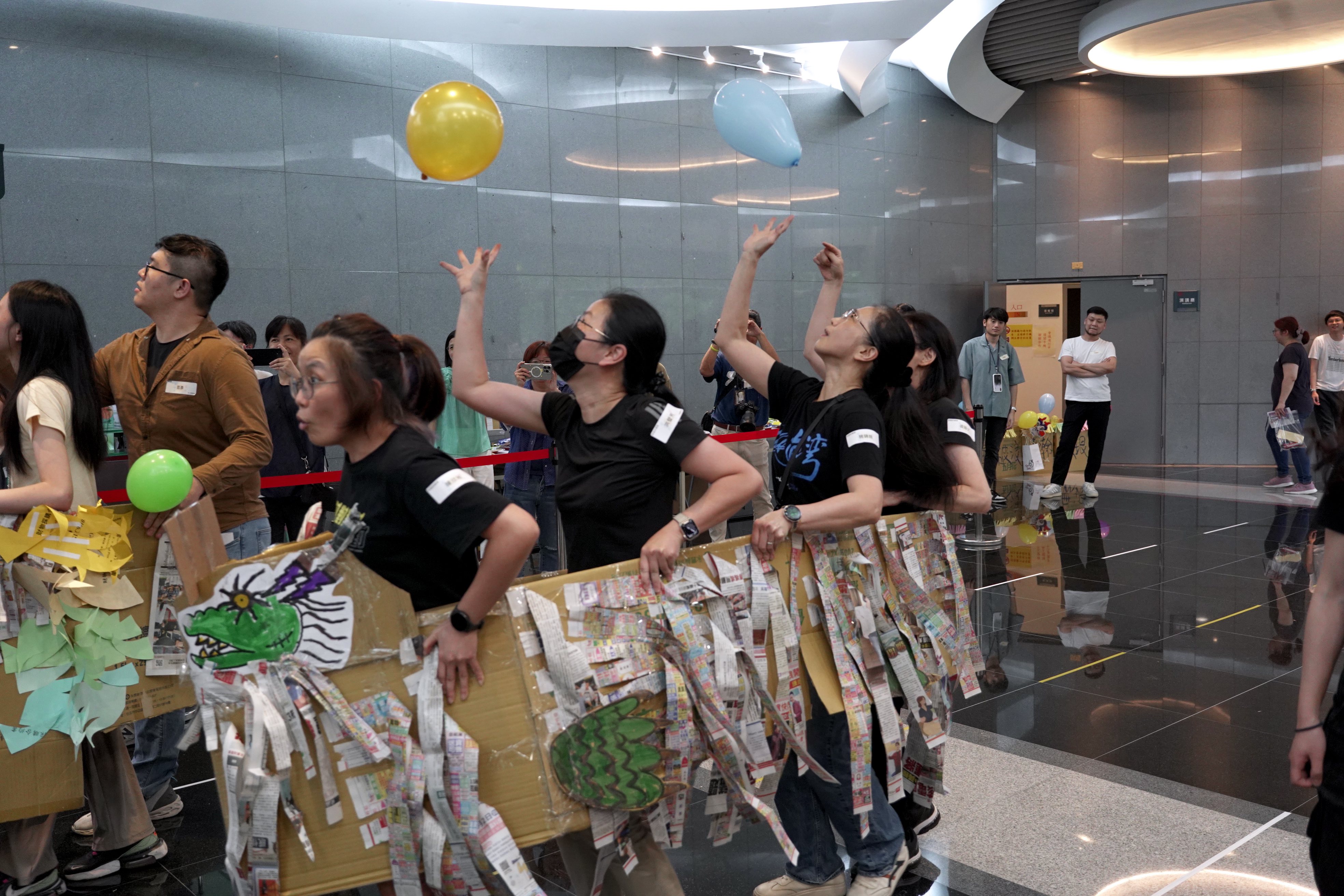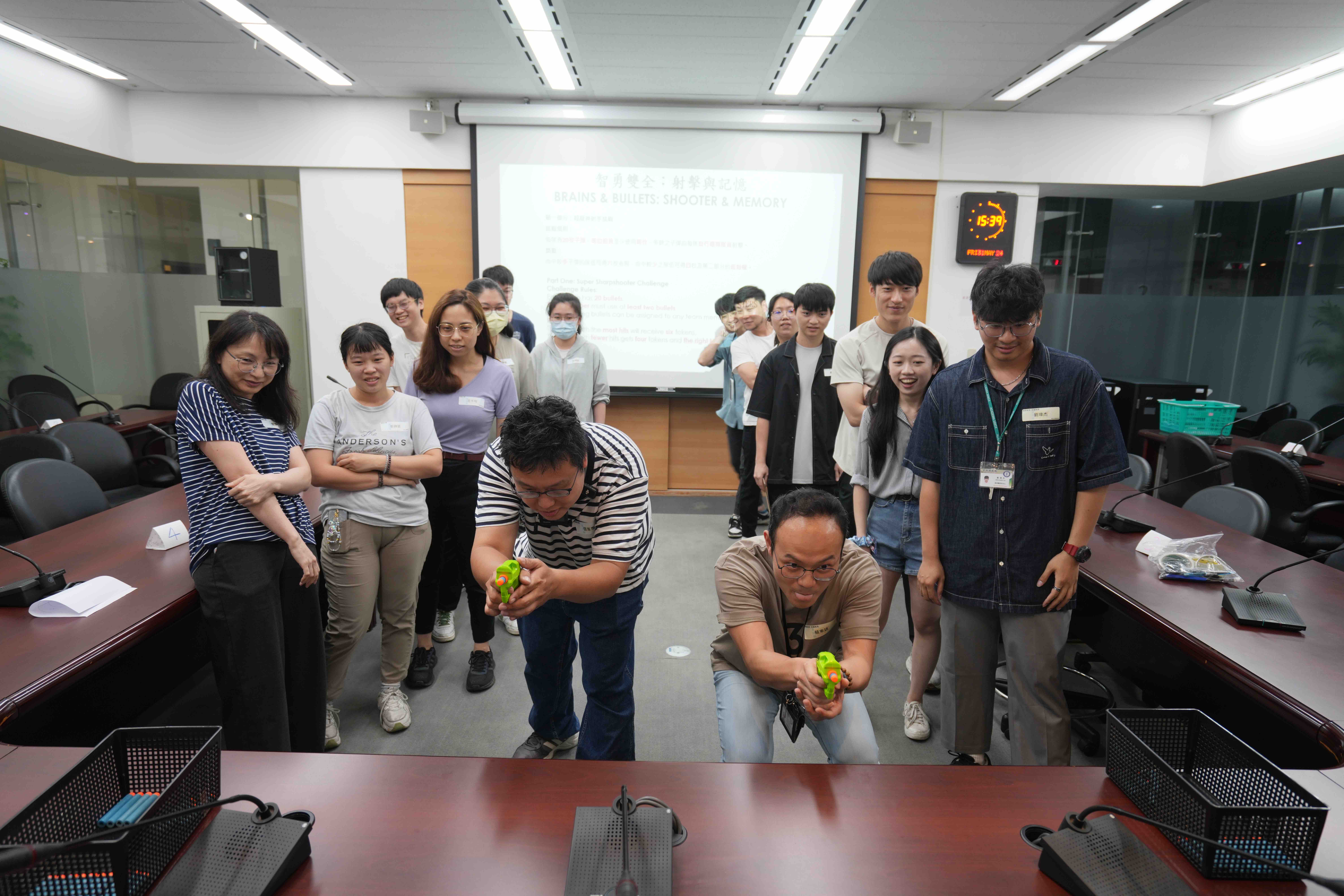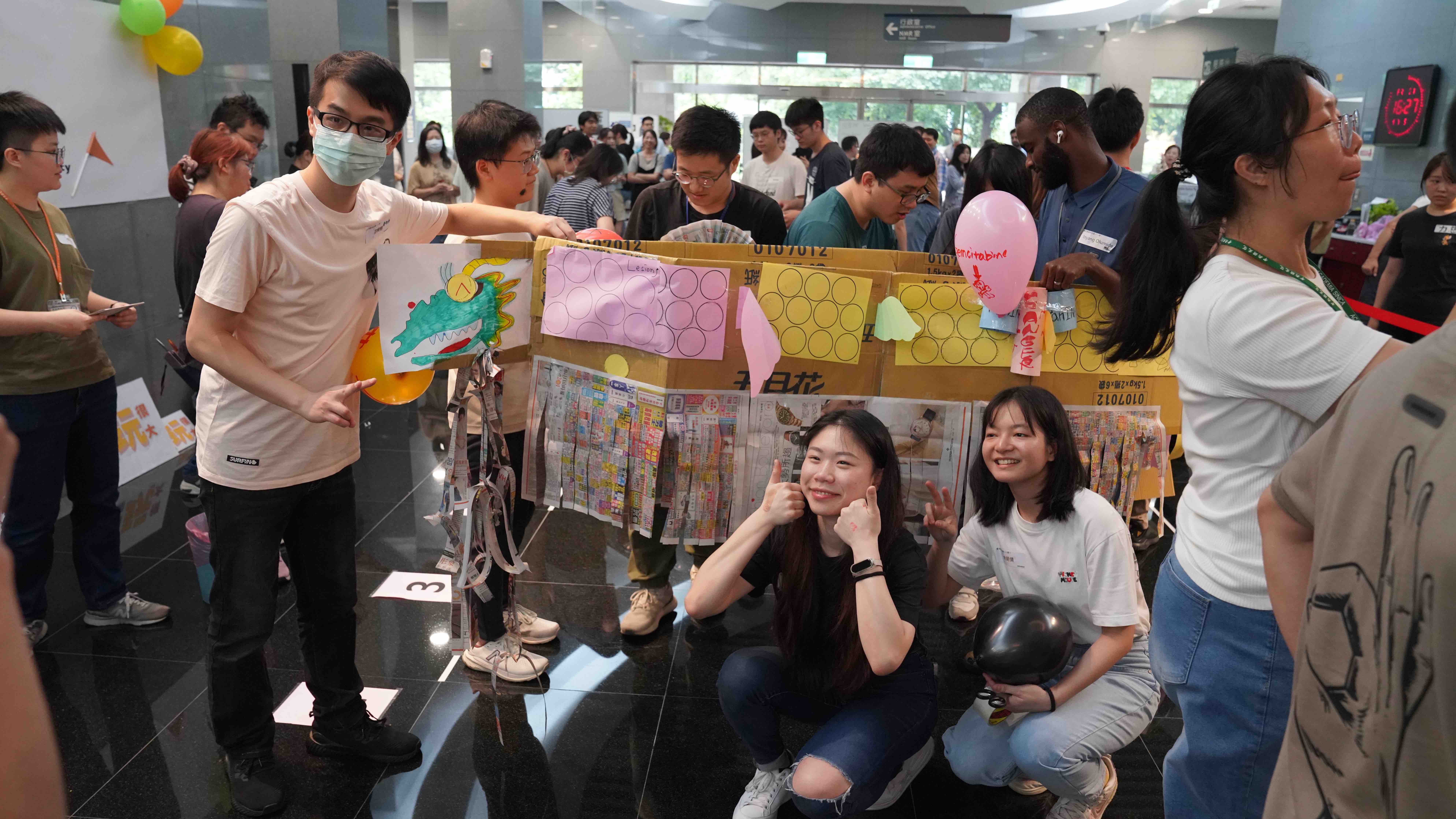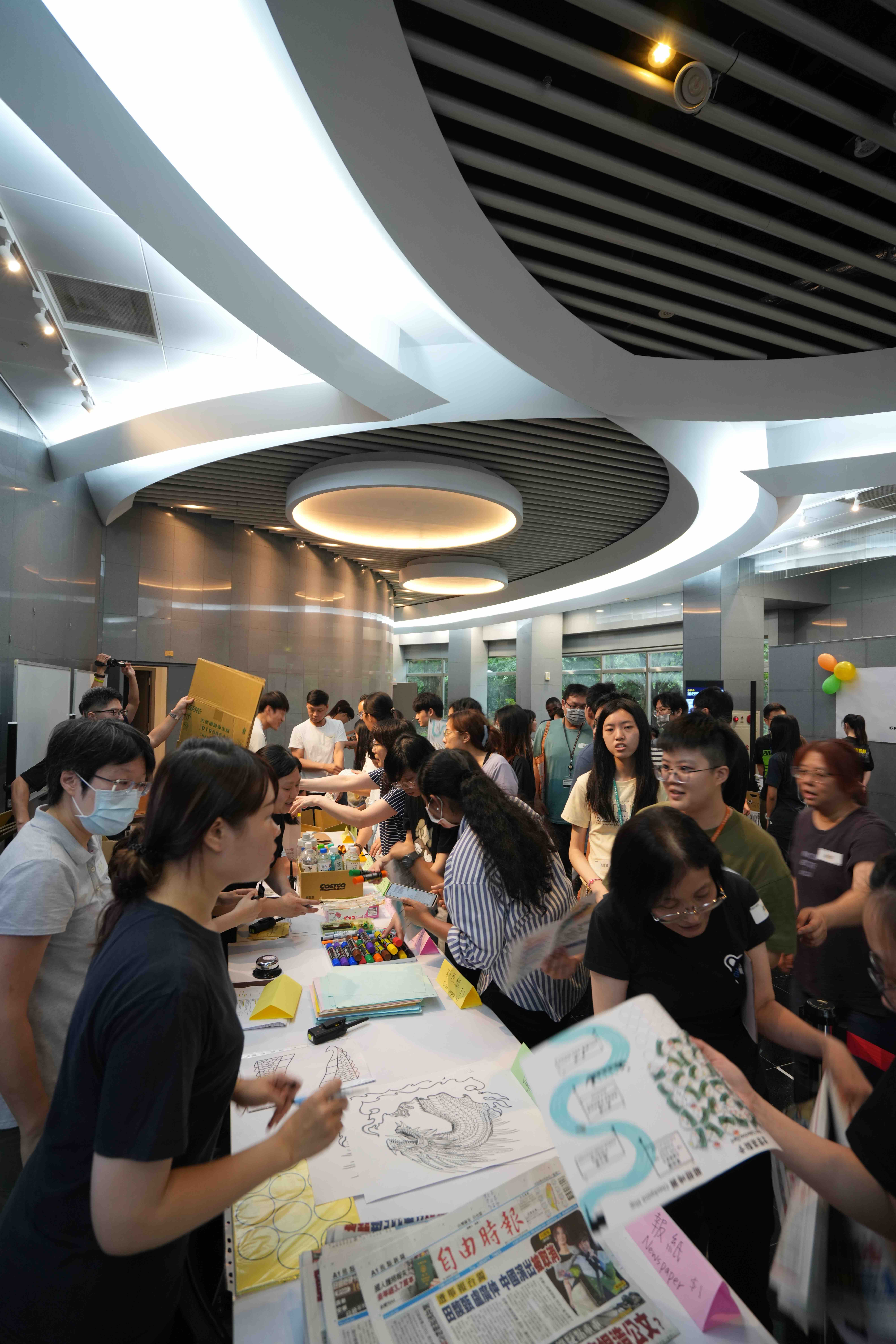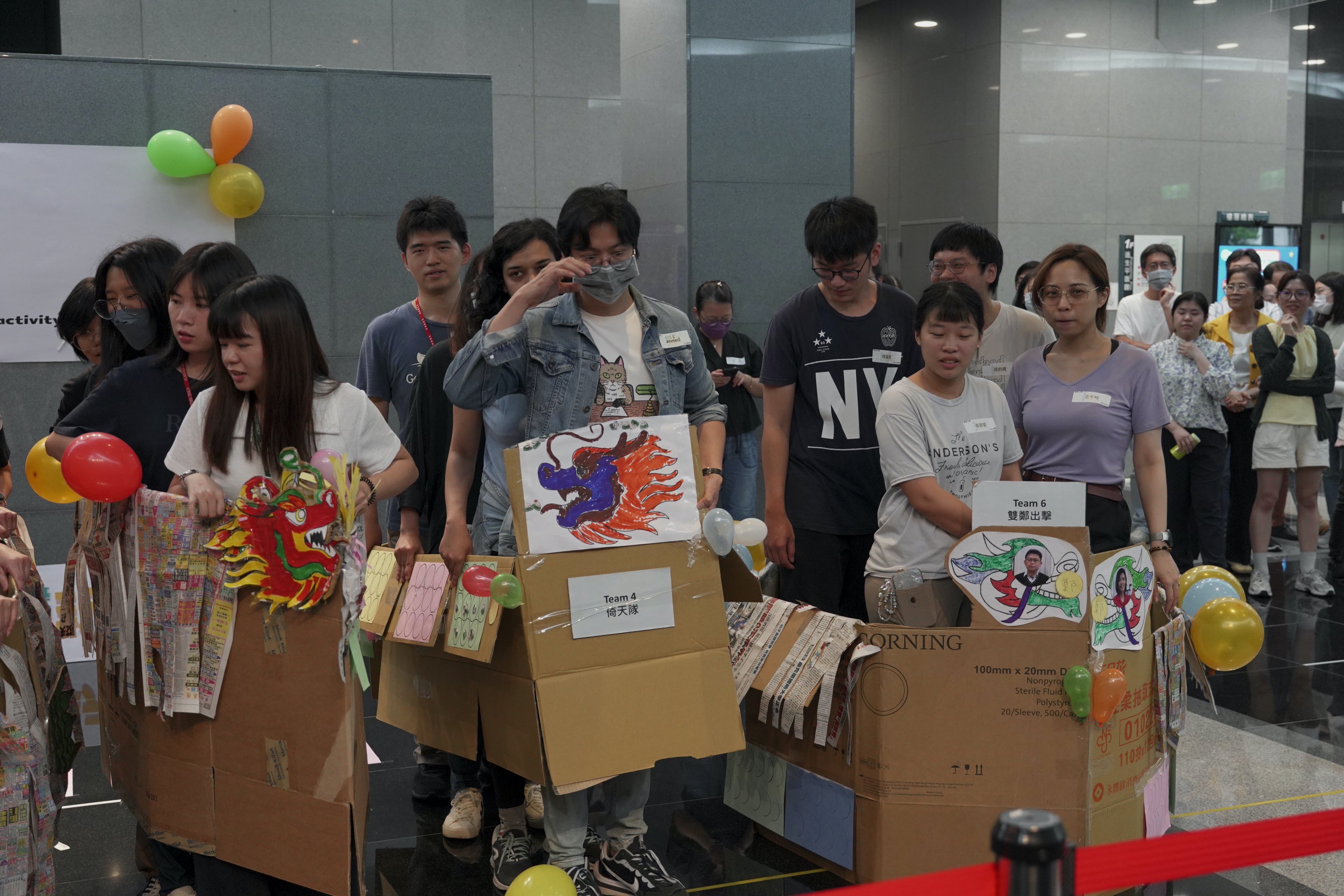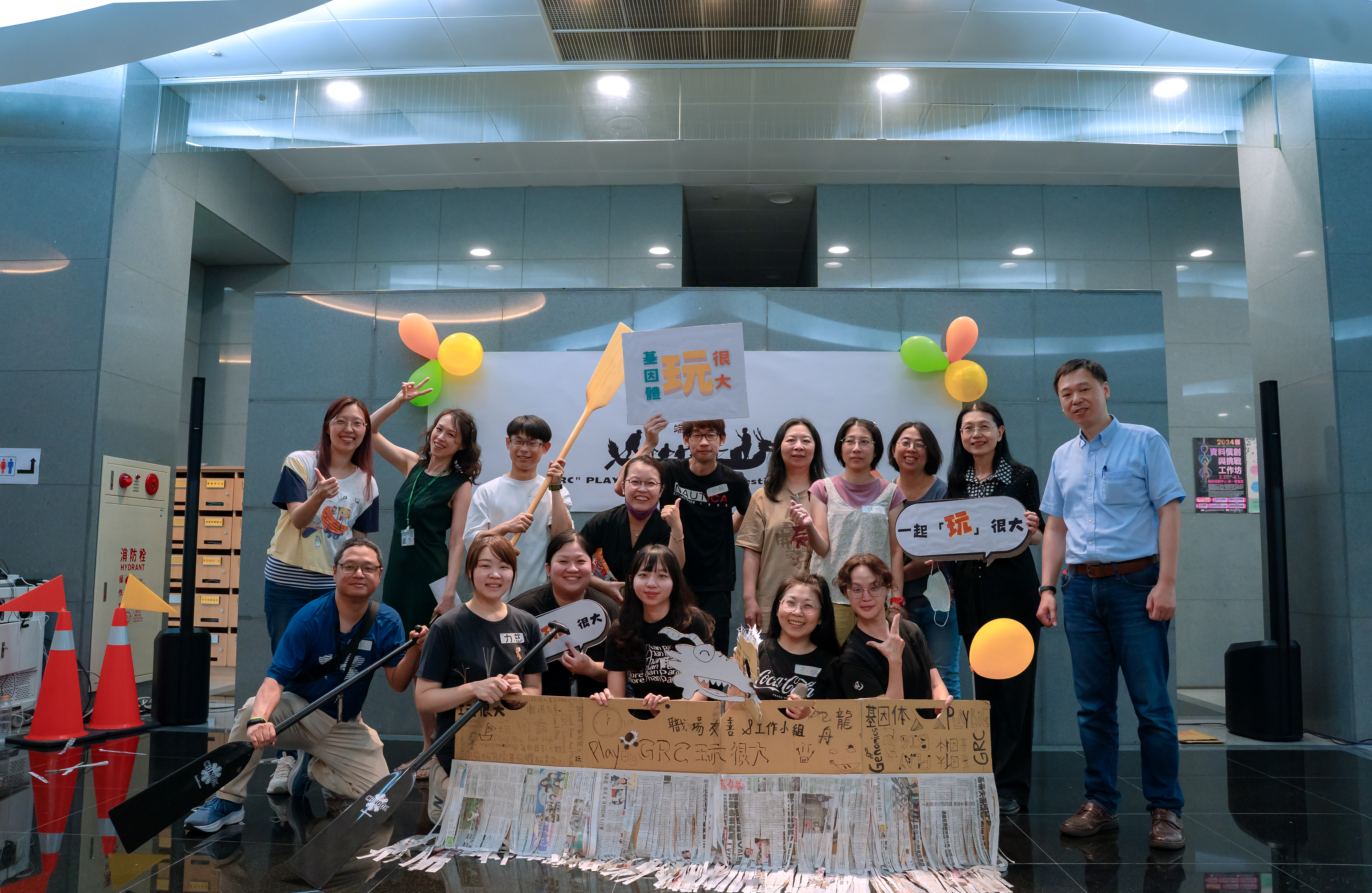Mission

Bridging Fundamental Science and Translational Applications, and Fostering a Collaborative, Supportive Research Environment
Research Focus
The Genomic Research Center (GRC) is dedicated to tackling diseases that pose significant public health challenges. The GRC brought together expert research teams from diverse fields—including chemistry, biology, medicine, information science, and nanotechnology—employing state-of-the art technologies in genomics, proteomics, glycomics and high throughput drug screening. Our research focuses on integrating biomedical exploration with technological innovation, aiming to develop effective therapeutic strategies to better understand and treat human disease, such as infectious diseases, cancers, neurodegenerative disorders, and inflammatory diseases. On the technological front, we are developing highly sensitive detection platforms, together with the interdisciplinary research, to investigate disease mechanisms and identify reliable disease biomarkers.
Building on these existing strengths, the GRC is now focusing on strengthening the connection between fundamental research and translational applications, with metabolism and metabolomics serving as a critical bridge. Metabolomics captures the physiological and pathological changes induced by genetic variation or environmental factors. As a frontier in post-genomics research, it provides novel insights into human health and disease by integrating chemical biology, cell biology, and biomedical sciences. We are establishing a Metabolic Sciences Division to develop metabolomics analytical platforms and technologies—ranging from small molecule metabolite detections to statistical interpretation and clinical applications. We are actively recruiting experts in metabolism and immuno-medicine to advance research on diseases-caused by metabolic dysfunction and unchecked inflammatory responses, including cancer, type 2 diabetes, obesity, fatty liver disease, neurodegenerative conditions and chronic inflammatory diseases. Our ultimate goal is to develop innovative diagnostic, predictive, and monitoring strategies, along with novel therapeutics for diseases that are currently difficult to treat, translating basic research into clinical applications that can improve public health.
Nurturing Young Talents and Advancing Academic Excellence
Cultivating research talents and fostering academic development are top priorities at GRC. GRC is dedicated to nurturing the next generation scientists. To inspire and support young researchers in pursuing advanced studies, GRC actively participates in several academic training initiatives, including the joint Ph.D. programs organized by Academia Sinica, National Health Research Institutes, and Graduate Institute of Life Sciences at National Defense Medical Center. Additionally, GRC is involved in International Graduate Program (TIGP) and Taiwan International Internship Program (TIIP), both of which attract outstanding students from around the world. In addition, we have established MOUs with leading universities such as National Yang Ming Chiao Tung University, National Central University, National Chung Cheng University, and China Medical University to promote joint faculty appointments and co-mentorship of graduate students. Our efforts also extend to training undergraduate students through structured summer training programs.
To foster a vibrant academic environment, we regularly invite leading scholars from Taiwan and around the world to share their recent research findings. Through seminars, workshops, journal clubs, and discussion forums, we promote intellectual exchange, inspire innovation, and keep our research community aligned with global scientific trends. Our annual outstanding research award for trainees further encourages cross-disciplinary collaborations and excellence. Award recipients receive funding to attend international conferences, enhancing their global research presence and engagement.
To strengthen international collaboration and talent development, we established student exchange agreements with the Graduate School of Science at Osaka University and co-organize youth health science workshops in partnership with professors and graduate student groups from Harvard University. Additionally, we signed an MOU with Keelung Chang Gung Memorial Hospital to enhance clinical integration, ensuring that our research effectively addresses unmet medical needs.
Fostering a Supportive Research Environment
We strongly believe that a positive, supportive workplace is essential for fostering research excellence. In addition to providing robust research resources and platforms, we are committed to cultivating a friendly environment where every member is treated with respect and has equal opportunities to thrive. To this end, we have established:
The following exchange activities and spaces have been established at the GRC:
- The GRC Wellness Committee, which organizes regular team-building activities to enhance cohesion and camaraderie among colleagues.
- The biweekly journal club, which promotes open communications and cross-team collaborations among trainees and encourages idea exchanges and critical thinking.
- Shared social spaces, including a faculty lounge and multifunctional break areas on each floor for casual and scientific discussions.
- A culture of active listening and mutual respect, which aims to promote a sense of belonging and shared achievement.
Looking ahead, the GRC will continue to enhance our space and engagement initiatives, guided by the principles of safety, efficiency, and collaboration. By fostering meaningful interactions and interdisciplinary synergies, we aim to nurture well-rounded, world-class research talents.



